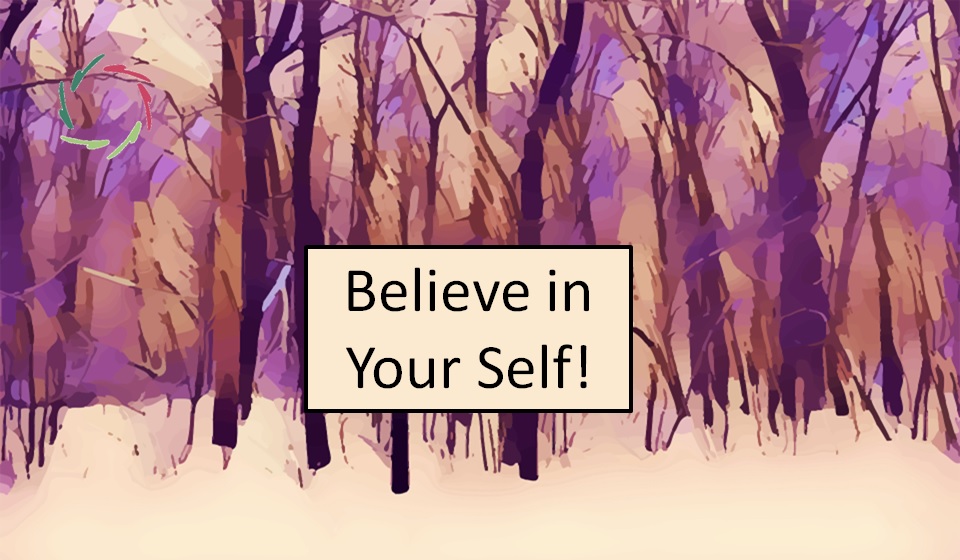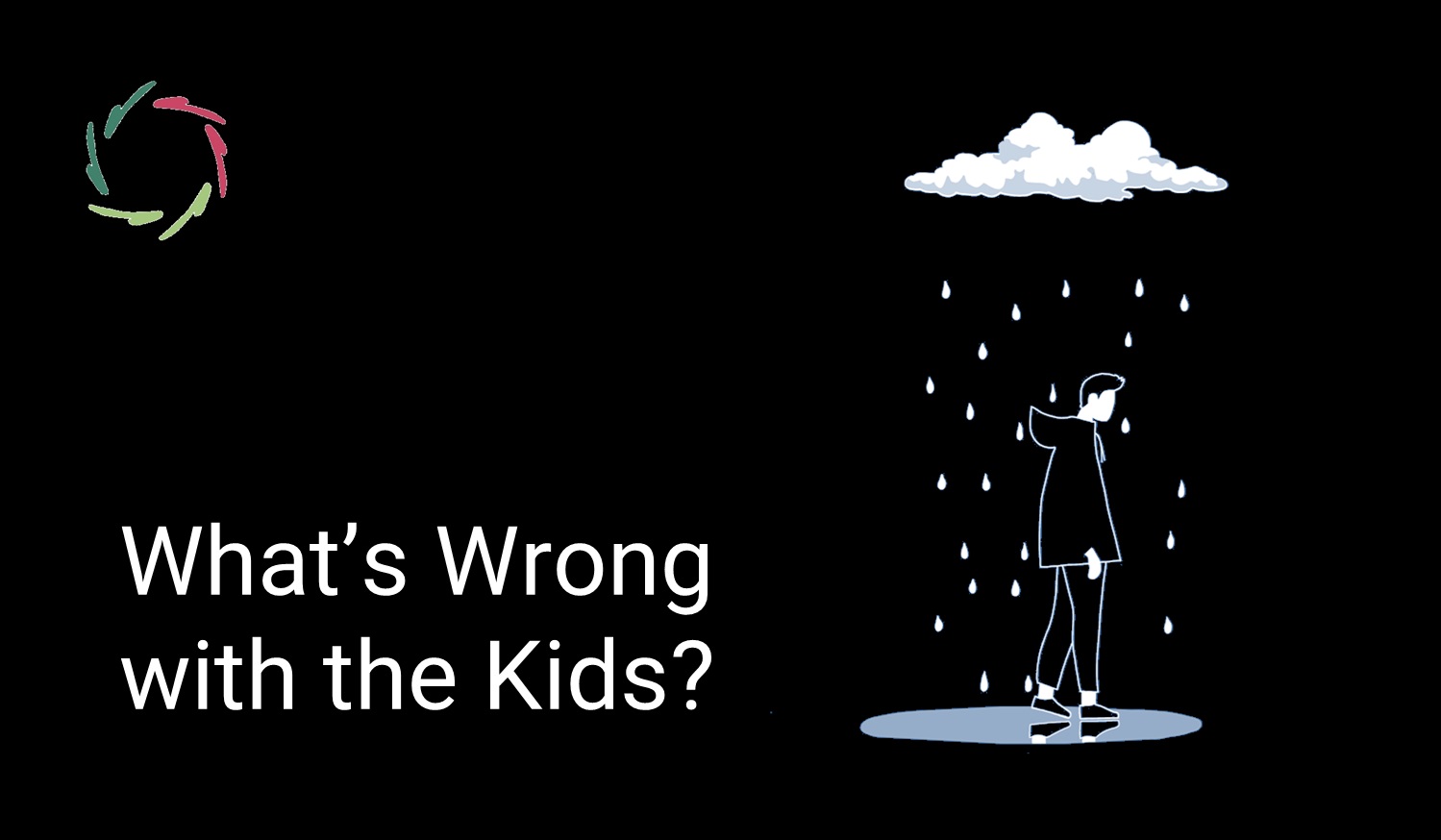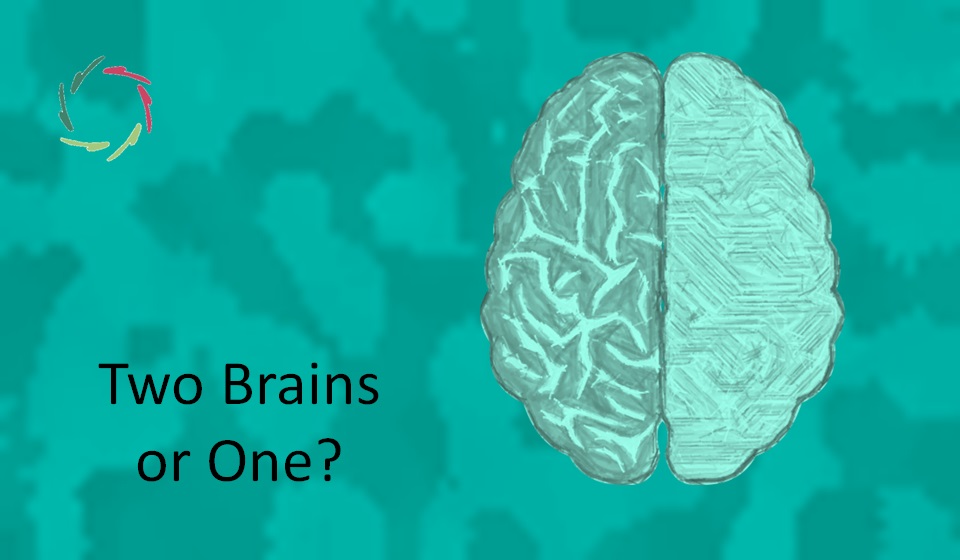Believe in Your Self!

Unfortunately, many people are not inclined to deeply believe in their <Inner Strength>. Nevertheless, especially nowadays, global fate depends on it.
This unbelief is not typical to a specific culture.
Its ubiquity means that either:
- It’s a natural given, making people genetically predisposed to not believe in themselves.
- It’s a cultural thing in a general sense. Cultures ‘naturally’ make people believe less in themselves.
- A combination of both. People may be genetically predisposed to follow cultures.
Active disbelief
In many cases, the disbelief is not merely neutral (a mere absence of belief). There is frequently an active – be it mostly non-conscious – striving to not come into contact with the deeper self — as if this is a forbidden territory, as in the Biblical “One cannot see God’s face and live.”
Individual Inner Strength can readily oppose itself against cultural dictates. At least at the surface level, there is a competition. Is culture, therefore, as a phenomenon generally in conflict with the individual’s Inner Strength? Does it therefore respond with countermeasures — more guilt-oriented in the West, more shame-oriented in the East?
This can go pretty far.
For instance, people may try out many different (external) ways to combat some illness — all in vain. After this, when offered to use the own mental faculties from the inside out, they may object, saying to have “tried everything and nothing works” so they don’t believe in yet something else. They “don’t want another disappointment.”
So they don’t Believe to start with, and they don’t Believe to end with. In-between, they’re too busy with whatsoever to even give it a thought.
AURELIS is counter-cultural in this sense.
The main goal is precisely to attain the Inner Strength that may otherwise be demonized, and to use it as one’s greatest asset.
Inner Strength is at first extremely individual. The arrow goes toward inside. However, then it goes toward outside more than ever but without losing one’s Self. This is what I call Compassion, basically. It’s the reverse of ego-centeredness. On the contrary, it’s where and how people from everywhere on our globe can meet and overlap.
Not easily culture-sanctified
Cultures have no motivations. People have motivations. However, many people sharing the same culture can have the same underlying motivations whereby it seems like the underlying stream of motivation lies at the cultural level — pragmatically.
The disbelief in one’s Self can thus run strong even if each individual by himself rather strives to get rid of it.
We come from the past and go to the future.
In between those two, a shift may be going on toward more Compassion. However, this leads to high tensions that may seem less Compassionate than ever. In the worst case, this tension can out itself as, for instance, free-floating anxiety or aggression.
This makes some people more vulnerable again to disbelief in the Self ― such a pity!
At the same time, it provides much hope. I foresee more and more Believers.
Eventually, humanity will overcome this conundrum.
We will not be out of all trouble by then.
At least, there will be Hope.


